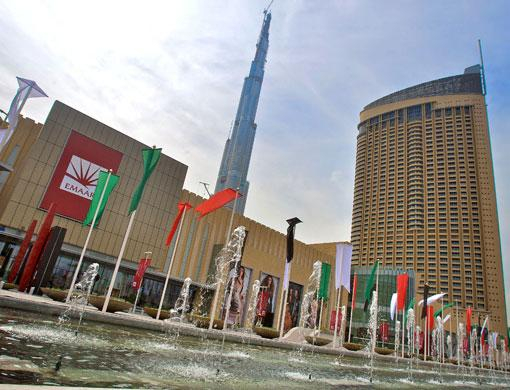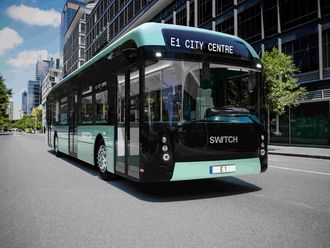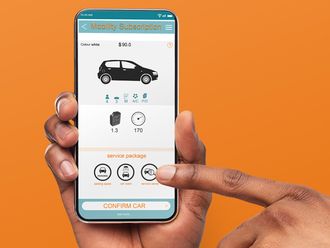
Dubai: Dubai is increasingly attracting more luxury shoppers from around the world and accounts for 30 per cent of the luxury market in the Middle East region, the latest report by Bain & Company said.
The city also commands around 60 per cent of the UAE’s luxury market. Among the shopping centres across the emirate, Dubai Mall accounts for around half of luxury purchases made in Dubai.
The revenues of worldwide luxury goods market are forecast to grow as much as 50 per cent faster than the global GDP, achieving a four to five per cent growth in 2013 and five to six per cent annual average through 2015. By mid-decade, the global luxury market is expected to break the €250 billion sales threshold.
Bain’s report noted that the consumption habits of consumers, especially tourists, are changing, with many of them seeking out new destinations, such as Dubai, South East Asia and Australia, and “showing more savvy in the items they purchase”.
“Middle East is growing at a steady pace, with Dubai continuing as the centre of gravity and the only city attracting foreign luxury consumers, such as Russians, Indians and Africans,” the report said.
Cyrille Fabre, Bain & Company partner who leads the retail and consumer products practice for the Middle East, said the region is now one of the ten largest luxury goods market with sales exceeding 6 billion euros.
“Local consumption, intra-region tourism and the strong historic relevance of hard luxury and perfumes/cosmetics are key market drivers. Dubai is the heart of the regional market as the city alone commands around 30 per cent of the luxury market of the region,” said Fabre.
Over the long term, Bain estimated that the global luxury goods market in 2025 will likely be more than five times larger than it stood in 1995.
While the region’s strong affinity for designer labels can be credited for the growth in the luxury market, Middle East consumers also take into account other factors when making purchases, be they luxury goods or average brands.
According to a Nielsen report, 51 per cent of consumers in the Middle East and Africa region are willing to buy eco-friendly products regardless of price.
Religion is also an important guiding source for decision making among 71 per cent of the consumers, far exceeding the global average of 32 per cent.











